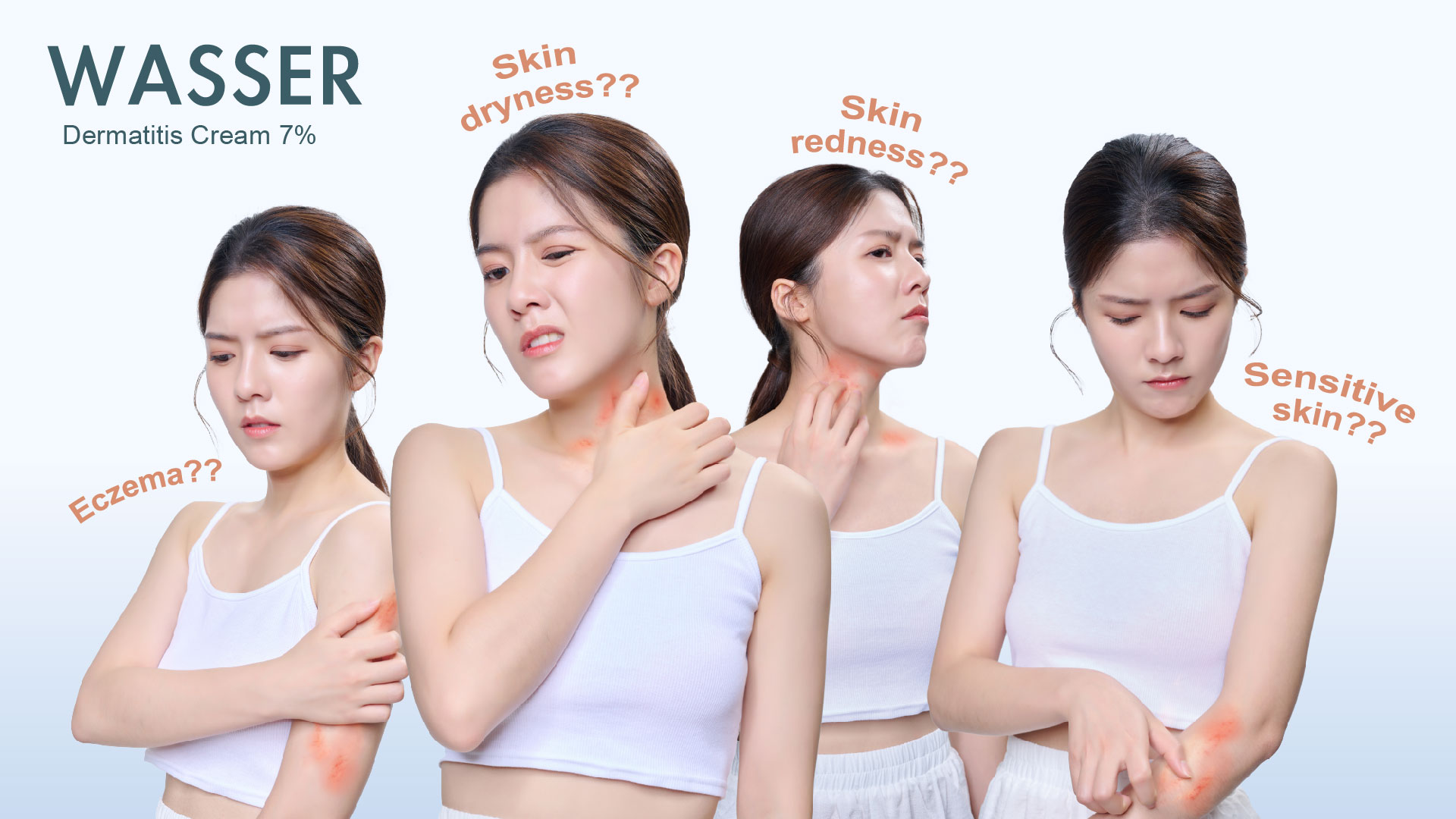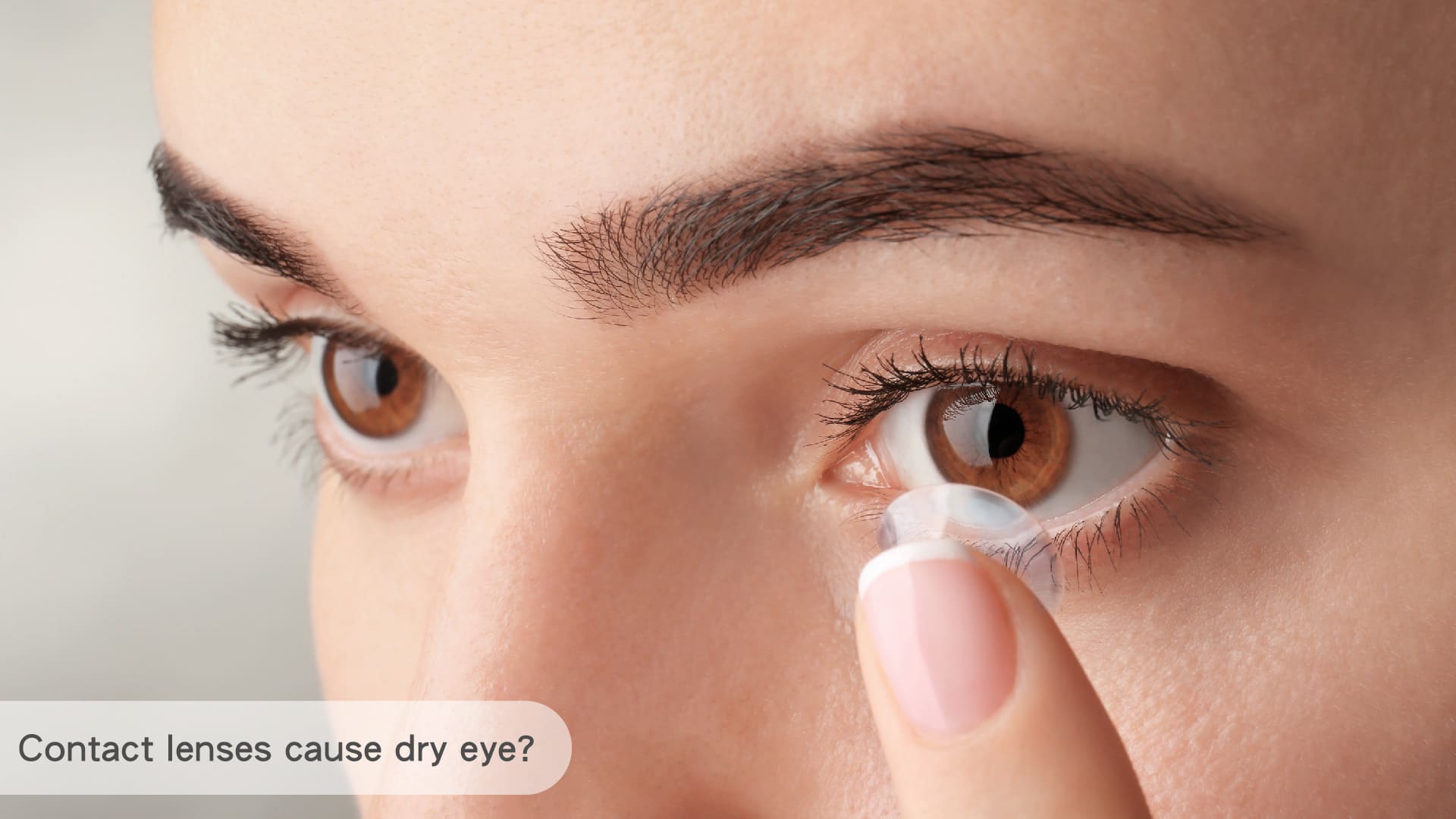What is eczema? Understanding the causes of eczema!
Eczema is a common skin disease characterized by symptoms such as dryness, redness, itching, rashes, and blisters, not caused by bacterial or fungal infections collectively called “eczema.” Eczema is also known as “atopic dermatitis” or “wet sore” in traditional Chinese medicine.
Eczema tends to be more severe in infants, children, and adolescents, but due to its difficulty in curing, many adults also suffer from recurrence. Severe cases may affect daily quality of life and sleep, physically and mentally exhausting them. Many factors can cause eczema, generally classified as congenital and acquired factors:
Congenital Factors
One of the leading causes of eczema is genetic inheritance. If infants and young children show symptoms of eczema such as dry skin, itching, and peeling before the age of 5, there is a high chance it is inherited from their parents. Studies have shown that if one parent has eczema, the child’s chance of having eczema is 20-30%; if both parents have eczema, the chance increases to 70%. Additionally, if parents have other allergies such as food allergies, nasal allergies, or asthma, the risk of children having eczema is also relatively higher. Moreover, even if parents do not have a history of allergies if other direct relatives (such as grandparents or siblings) have allergic genes, special attention should be paid to the child’s skin and allergic conditions.
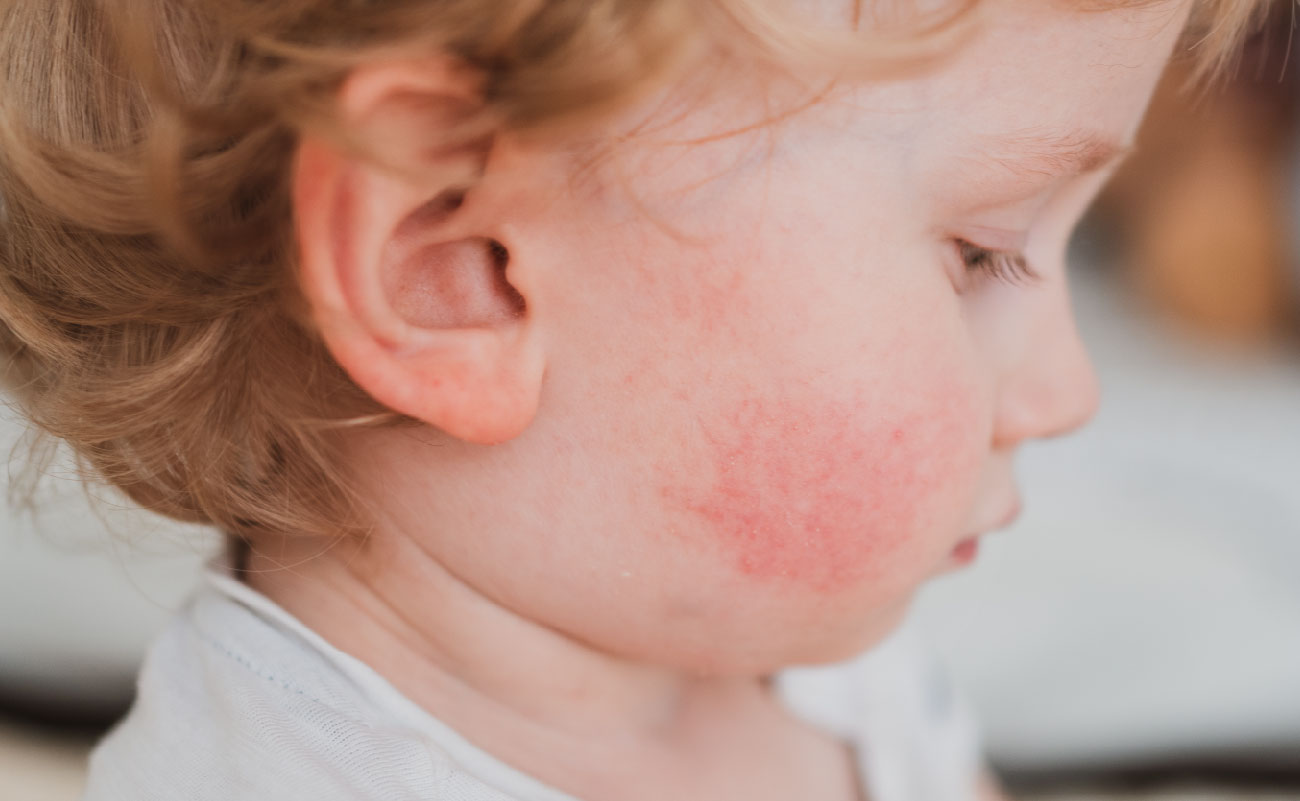
Acquired Factors
In addition to genetic factors, eczema may also be caused by acquired environmental and lifestyle factors:
- Environmental: Too High or too low humidity, climate change, excessive irritants such as air pollution, secondhand smoke, and cleaning agents.
- Allergen: Dust mites, pet fur, pollen, wool, fungi, viruses.
- Dietary: Allergenic foods include seafood, peanuts, nuts, eggs, and dairy products.
- Immune Imbalance: Long-term stress, improper sleep patterns, or poor dietary habits may lead to immune system abnormalities, reducing the skin’s protective abilities.
What are the common symptoms of eczema? Will it spread to different areas?
Common symptoms of eczema include:
- Dry and peeling skin, accompanied by persistent itching, redness, and blistering.
- After blisters rupture or skin cracking, fluid may ooze from the skin or even bleed.
- Scabbing may appear in the affected area, and the skin may gradually thicken and become rough.
- Skin often exhibits symmetrical distribution.
- Skin may become inflamed due to bacterial infection.
- Other allergic reactions may be present, such as nasal allergies.
Will eczema spread? The answer is yes. Suppose the cause of eczema is not identified and triggers are not avoided in time. In that case, the skin’s protective function will continue to decline, eventually spreading eczema to surrounding areas and enlarging the affected area.
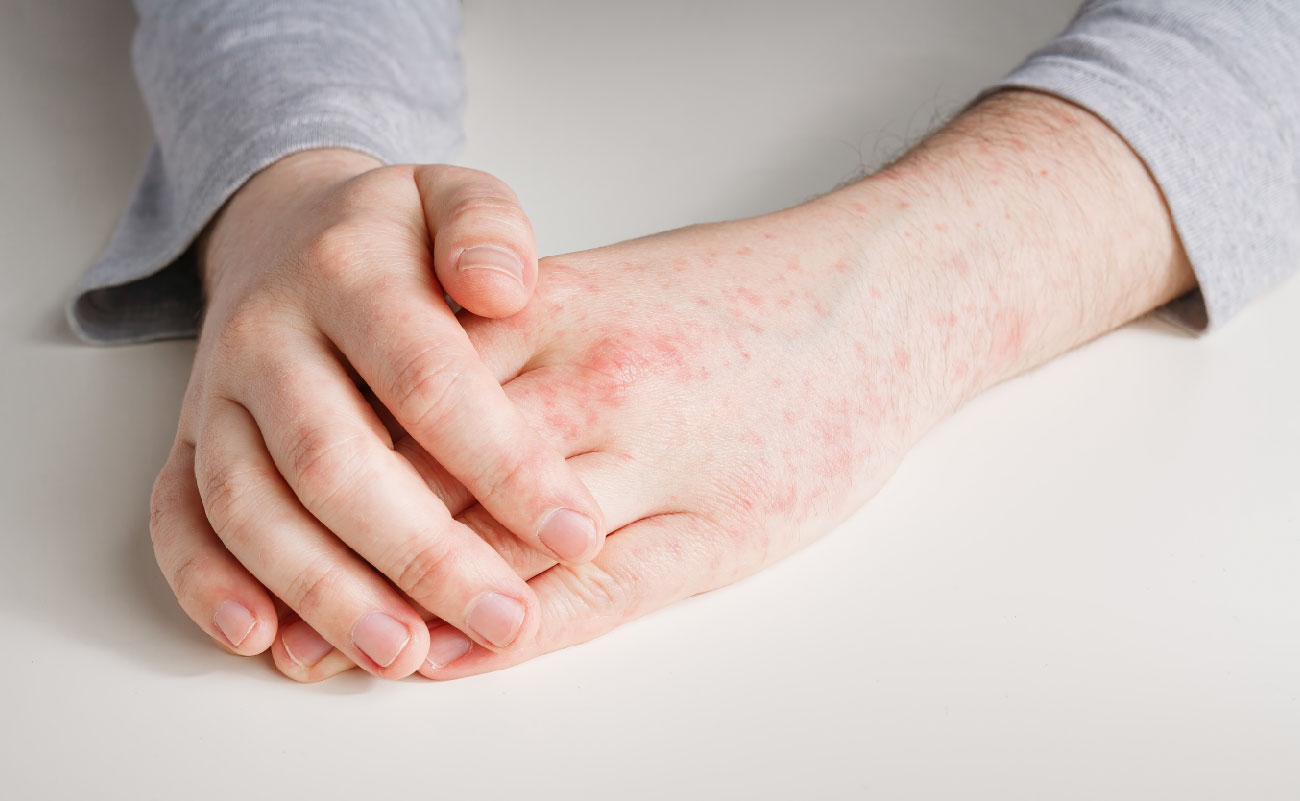
Can eczema be cured naturally? 5 primary improvement methods!
Just master the following five methods to help relieve eczema symptoms and reduce the recurrence.
1.Daily Care
- When showering or bathing, do not stay too long, and use water at a moderate temperature, avoiding excessive heat.
- Use mild and low-allergenic bathing products, avoiding products containing fragrances or other irritating ingredients.
- After showering or bathing, use moisturizing products suitable for sensitive skin to help maintain skin moisture.
- Choose loose, breathable, pure cotton clothing to reduce friction and irritation to the skin. In winter, wearing a layer of cotton clothing before wearing woolen clothing is recommended to avoid direct contact between wool and the skin.
- Choose mild detergents to wash clothes. Avoid using fragrant detergents to prevent skin irritation.
- Shower immediately after exercise to prevent sweat from irritating the skin or worsening eczema conditions.
2.Dietary Habits
- Maintain a balanced diet and intake sufficient nutrition to enhance immunity.
- Avoid consuming allergenic foods that have caused allergies in the past, such as peanuts, seafood, and milk.
- Choose natural and unprocessed foods, and avoid foods containing artificial colors, additives, or preservatives.
- It is recommended to consume foods rich in Omega-3 fatty acids, such as fish, flaxseeds, and walnuts, and foods rich in vitamin E, such as dark green vegetables and vegetable oils, all of which help alleviate eczema symptoms.

.Home Environment Hygiene
- Keep the home environment clean regularly and avoid accumulation of allergens such as dust, pet fur, and dust mites.
- Maintain an indoor environment within the appropriate temperature and humidity range, avoid overheating or excessive humidity, and keep it cool and ventilated.
- Use air purifiers to filter pollutants and allergens in indoor air.
- Replace bedding and towels regularly, and choose materials that are breathable and easy to clean to reduce mites and bacteria breeding.
- Try to avoid using carpets, plush furniture, or placing plush toys in the home, as they are prone to accumulate dust.
- Avoid planting too many pollen-producing plants or raising pets that shed hair excessively.
4.Topical or Oral Medications
Topical medications are preferred to relieve eczema symptoms, and they are mainly divided into two categories: corticosteroids and antihistamines. For mild eczema, antihistamines can be used in combination with emollients; if the affected area is more severe, corticosteroid ointments or lotions may also be needed.
The type and strength of topical medications should be determined based on the location of the affected area. For example, ointments are used for body parts, while lotions are used for the scalp. Due to the thinner skin on the face, it is necessary to avoid using corticosteroid medications that are too potent. When topical medications are no longer effective in improving eczema or when symptoms spread throughout the body, doctors may prescribe oral corticosteroids. However, corticosteroids are unsuitable for long-term or extensive use because they suppress the body’s immune system, leading to immune dysfunction. Therefore, when corticosteroids have been used for some time or when certain areas (such as around the eyes) are not suitable for corticosteroid use, switching to non-steroidal eczema ointments is recommended to help alleviate symptoms.
Friendly Reminder: If you have any questions about your health condition, please consult your doctor or healthcare professional!
5.Maintain a Happy Mood
Emotional fluctuations such as anxiety, tension, and stress can not only affect the immune system but also worsen eczema symptoms. Therefore, maintaining an optimistic attitude is very important. In addition, moderate exercise and sufficient sleep also help promote physical health.
elieve eczema, recommend Wasser®Dermatitis Cream 7%!
There are five natural methods to relieve eczema; one is using suitable medications. We recommend using Wasser® Dermatitis Cream 7%! Wasser® Dermatitis Cream 7% utilizes Ectoin®7% patented repair particles, which can form an efficient barrier to resist external molecule invasion. In addition, it is supplemented with German-developed oat extract “Desumine,” extracts of Rhodiola rosea, and other ingredients. It is steroid-free and does not contain artificial colors, fragrances, or preservatives, so it is suitable for long-term use. It is ideal for all ages, including infants aged 28 days, and can be used around the eyes without irritating the skin.
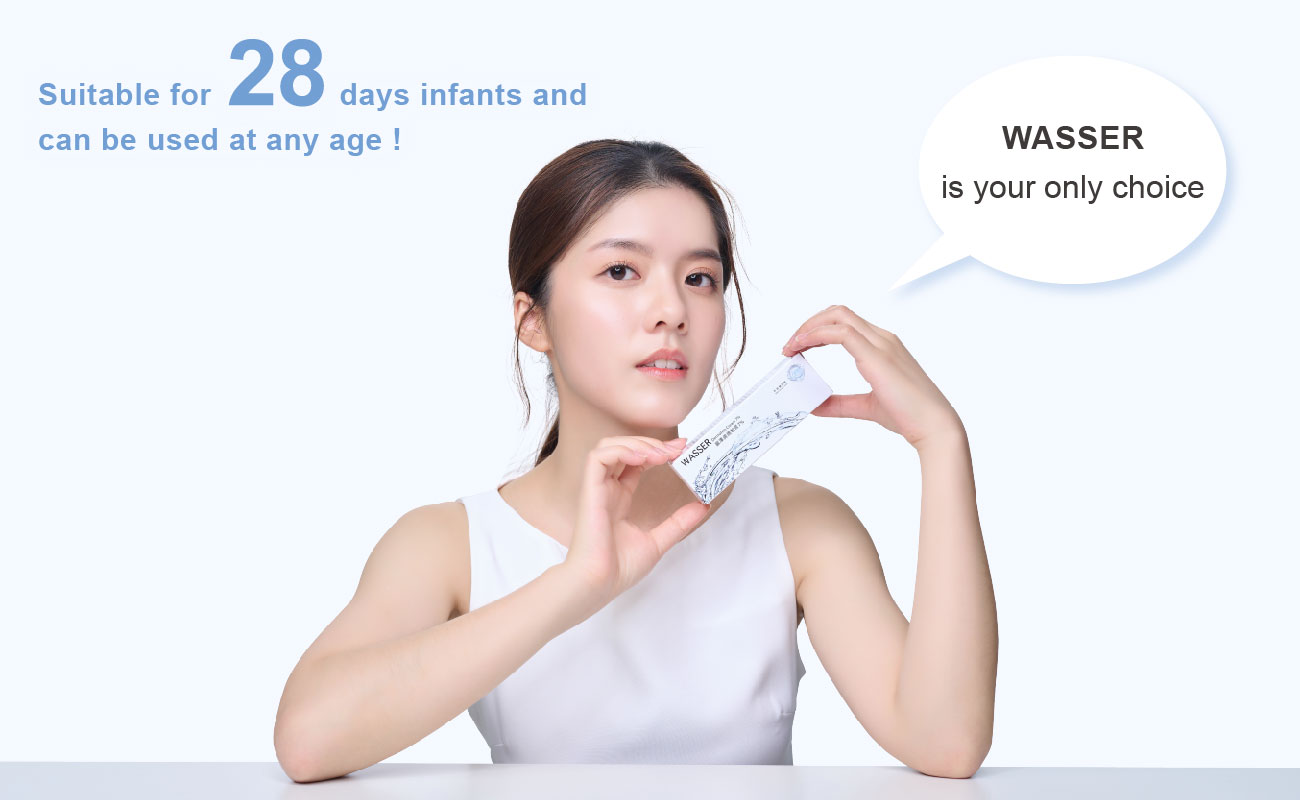
Friendly reminder: If impairment of the skin condition occurs during treatment, or if the condition does not improve even after long-term treatment, discontinue treatment and consult your healthcare provider.
Friendly reminder: Consult your healthcare provider or pharmacist for advice before using this product if you are:
1. Pregnant or breastfeeding.
2. Infants or children.
